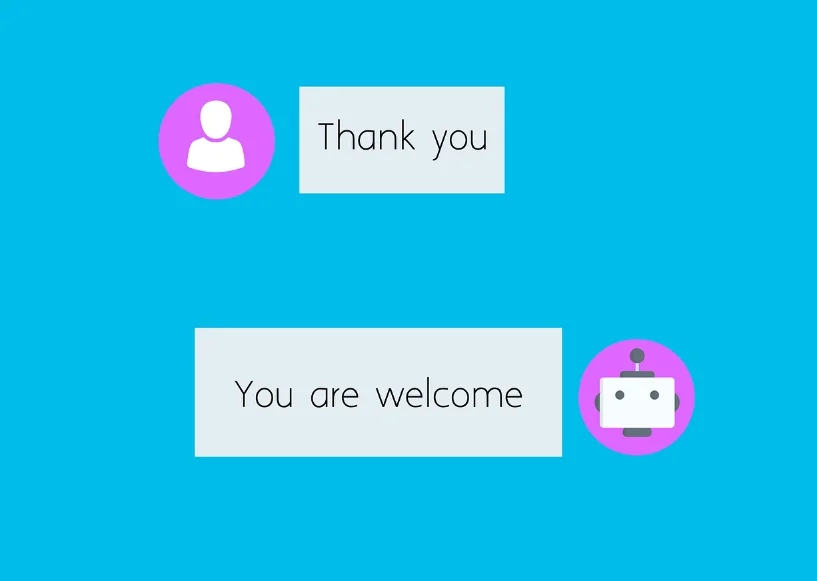Digital landscape, leveraging chatbots has become instrumental in enhancing customer interactions and streamlining business operations. These AI-powered assistants simulate human conversation, offering immediate support and personalized experiences. If you’re seeking the ideal chatbot tools to elevate your business, here are nine top-notch options worth considering:
Evolution of Chatbots in Business
The evolution of chatbots in business has revolutionized customer service, marketing, and sales strategies. As artificial intelligence continues to advance, chatbots have transcended basic functionalities to become integral components of customer interaction. They offer real-time assistance, personalized recommendations, and seamless transactional experiences, contributing significantly to customer satisfaction and loyalty.
Key Benefits of Implementing Chatbots
Enhanced Customer Support
One of the primary advantages of deploying chatbots is their ability to provide instantaneous and round-the-clock customer support. Whether it’s addressing FAQs, troubleshooting issues, or guiding users through product inquiries, chatbots ensure prompt responses, thereby elevating customer satisfaction levels.
Improved Lead Generation
Chatbots serve as effective tools for lead generation by engaging website visitors and initiating conversations. Through personalized interactions and lead qualification, they efficiently capture relevant information, nurturing prospects through the sales funnel and maximizing conversion opportunities.
Streamlined Business Operations
Integrating chatbots into various business processes streamlines operations by automating repetitive tasks. From scheduling appointments and processing orders to collecting feedback, chatbots optimize workflows, allowing human resources to focus on more complex and strategic endeavors.
Data Collection and Analysis
Chatbots act as data collection engines, gathering valuable insights into customer preferences, behavior patterns, and pain points. Analyzing this data enables businesses to refine their strategies, personalize offerings, and tailor marketing campaigns for better effectiveness.
Factors When Choosing a Chatbot Tool:
Scalability and Customization
Selecting a chatbot tool that aligns with the scalability needs of the business is crucial. Additionally, customization options play a pivotal role in tailoring the bot’s functionalities to specific business requirements.
Integration Capabilities
The ability to seamlessly integrate chatbots with existing systems and platforms is essential for ensuring a cohesive and efficient workflow. Compatibility with CRM software, social media channels, and other relevant tools is advantageous.
Security and Compliance
Prioritizing data security and compliance with regulations such as GDPR is imperative when choosing a chatbot tool. Ensuring robust security measures protects sensitive customer information and upholds legal requirements.
Future Trends in Chatbot Technology
Looking ahead, the future of chatbots in business holds exciting prospects. Advancements in natural language processing, sentiment analysis, and AI-driven personalization will further enhance chatbot capabilities, enabling more sophisticated and contextually-aware interactions.
As businesses continue to embrace digital transformation, the role of chatbots will undoubtedly evolve, becoming even more integral in delivering seamless customer experiences across various touchpoints.
1. Chatfuel:
Chatfuel remains a frontrunner in the chatbot industry, providing a user-friendly interface and robust features. Its drag-and-drop functionality simplifies bot creation without requiring extensive coding knowledge. With seamless integration options and advanced analytics, Chatfuel empowers businesses to craft engaging chatbots efficiently.
2. ManyChat:
Renowned for its versatility, ManyChat facilitates the creation of interactive chatbots across various platforms, including Facebook Messenger. Its intuitive interface enables customization through visual flows and automated sequences, catering to diverse business needs. Additionally, ManyChat’s marketing automation capabilities contribute to effective lead nurturing.
3. Dialogflow:
Google’s Dialogflow stands out for its natural language processing (NLP) capabilities, enabling chatbots to understand and respond contextually to user queries. Its machine learning algorithms continually enhance conversational experiences, making it an excellent choice for businesses seeking AI-driven communication solutions.
4. HubSpot:
HubSpot’s chatbot builder integrates seamlessly with its renowned CRM platform, empowering businesses to create sophisticated bots that align with their marketing and sales strategies. The platform’s comprehensive tools facilitate personalized interactions, lead qualification, and seamless data synchronization.
5. Drift:
Recognized for its focus on conversational marketing, Drift offers AI-powered chatbots designed to engage visitors and drive conversions. Its features, including real-time messaging and intelligent routing, enable businesses to deliver personalized experiences throughout the customer journey.
6. IBM Watson Assistant:
IBM Watson Assistant harnesses the power of AI to build chatbots capable of understanding complex queries and learning from interactions. Its advanced capabilities enable businesses to create enterprise-grade chatbots, ensuring scalability and adaptability across industries.
7. Tidio:
Ideal for small to medium-sized businesses, Tidio offers a user-friendly chatbot platform equipped with live chat, email marketing, and automation capabilities. Its customizable templates and multilingual support make it an accessible and efficient tool for enhancing customer engagement.
8. Botsify:
Botsify streamlines chatbot development through its intuitive interface and AI-driven functionalities. Its powerful analytics enable businesses to optimize chatbot performance, while the platform’s integrations with popular apps ensure seamless workflow integration.
9. Landbot:
With its visually appealing interface and no-code approach, Landbot empowers businesses to create conversational experiences that drive user engagement. Its versatile features and integrations facilitate the creation of versatile chatbots across industries.
Conclusion
Selecting the right chatbot tool for your business involves assessing specific needs, considering functionalities, ease of use, integration capabilities, and scalability. Each of these nine chatbot tools offers distinct advantages, catering to diverse business requirements. Whether you prioritize customization, advanced AI capabilities, or seamless integration, exploring these options can significantly enhance your business’s communication and customer engagement strategies.
By leveraging these top-tier chatbot tools, businesses can transform customer interactions, streamline processes, and ultimately, achieve sustained growth and success in the ever-evolving digital landscape.
